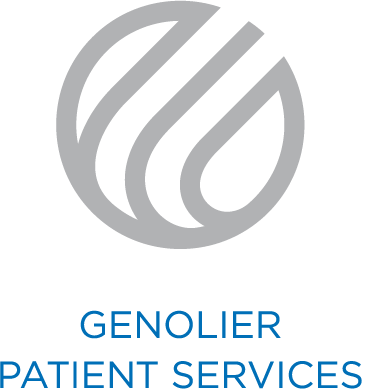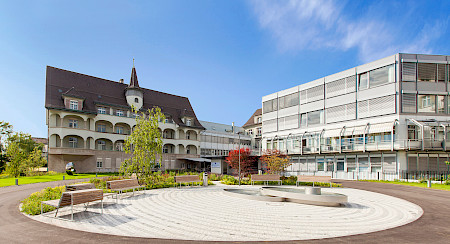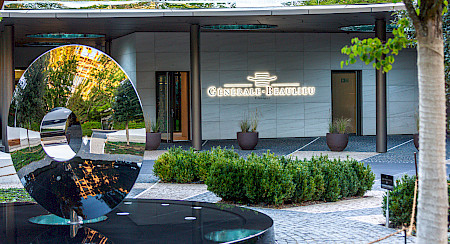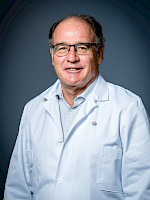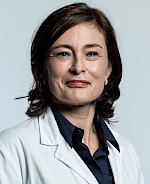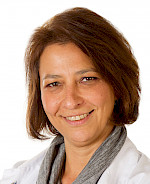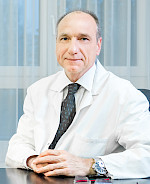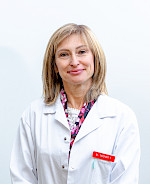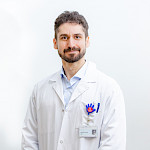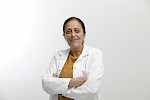Treatments available
Chemotherapy
Chemotherapy is the use of medicines or chemicals (cytostatics) to kill cancer cells or to prevent them from multiplying. There are more than 100 different cytostatics that are carefully selected according to each cancer type and stage of the disease. They are often combined to increase treatment efficiency.
Chemotherapy can be administrated by infusion, injection or tablets. This form of therapy is used in many cancer types and may be used post-surgery and/or radiation therapy (adjuvant chemotherapy) to destroy any remaining cancer cells.
Hormone therapy
Hormone therapy aims to reduce or prevent the production of specific hormones that stimulate cancerous tumour growth. Such treatment is only suitable for «hormone-dependent» tumours such as cancerous breast or uterus tumours that are typically hormone dependent. Similarly, prostate cancer is sensitive to the male sex hormone, testosterone.
Hormone therapy can only be prescribed after the analysis of cancerous tissue, to detect sensibility to hormone action.
Immunotherapy
Immunotherapy does not specifically target a tumour but consists of medication to activate and strengthen the body’s natural defences, called an immune response to fight cancer.
There is a difference between more common general immunotherapy and less frequent local immunotherapy.
Targeted therapies
This procedure uses a group of drugs that selectively intervene in certain tumour cell processes. These medications block tumour growth/or slow down its metabolism.
Like immunotherapy, targeted therapies combined with conventional therapies such as chemotherapy are proving successful in treating certain cancer types. Depending on certain molecular alterations, targeted therapy can be the most effective treatment.
Radiotherapy
Radiotherapy, also known as Radio-oncology, is a specific oncological treatment that exposes a defined body area to high-dose radiation, directly targeting the tumour. Radiation destroys cancer cells and prevents them from dividing. Therefore, tumour growth is stopped or slowed.
Radiotherapy involves multidisciplinary care and requires the expertise of a wide range of specialists, including radiologists, nuclear medicine specialists, pathologists, radiotherapists, oncologists and surgeons.
Tumour board meetings with specialists from the above medical fields, alongside care providers, are organised on a weekly basis. Together, they discuss each new patient case to define tailor-made cancer treatment protocols.
